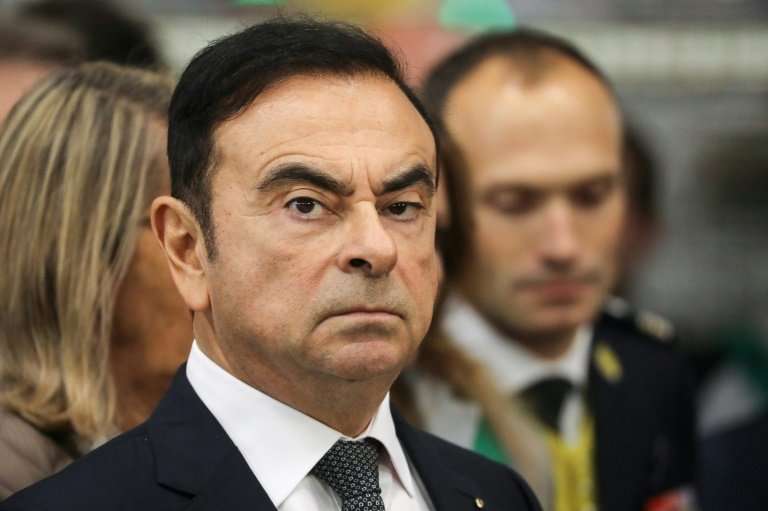Renault-Nissan alliance shaken, but divorce would be costly

When Carlos Ghosn began laying the groundwork nearly two decades ago for a partnership between Renault and Nissan, he was careful not to call it a merger, hoping to avoid any resentment over rescuing one of Japan's storied carmakers.
Yet analysts say Ghosn has effectively built the world's biggest carmaker—and warn that trying to take it apart could prove damaging for all involved.
"It would be like a couple divorcing after 20 years—it would be complicated, very expensive and not easy to do," said Gaetan Toulemonde, an analyst at Deutsche Bank.
"Honestly, I don't know if it's even possible," he said.
After integrating production and purchasing and streamlining management to a degree never seen in the industry, the alliance of Renault, Nissan and since 2016 Mitsubishi has flourished, selling 10.6 million cars last year, more than any of its rivals.
Yet questions are swirling over whether the alliance can survive without its tough-minded architect, now that Ghosn has been arrested in Tokyo on charges of under-reporting his Nissan pay and other misconduct.
The shocking turn of events for arguably the world's most powerful auto chief comes as Ghosn was trying to render the partnership "irreversible," analysts say.
The Financial Times reported Tuesday that Ghosn was working on a full-blown merger of Renault and Nissan, the core firms in the alliance which also includes Russia's Avtovaz and China's Dongfeng.
Nissan executives were hostile, according to the report, not least because Nissan has become the dominant player in an alliance whose two key members have headquarters nearly 10,000 kilometres apart.
Nissan boasted sales of 12 trillion yen ($106 billion) last year compared with Renault's 59 billion euros ($67 billion).
'Shift the balance'
"Nissan is pushing to shift the balance of power," said Elie Cohen, an economist at the CNRS institute who has long studied the French government's shareholdings, including its 15-percent stake in Renault.
Many in Japan bristle that Renault owns 43 percent of Nissan, while Nissan in turn owns just a 15 percent stake in its French partner which confers no voting rights.
Turbulence in the alliance could pose a threat to Renault's workforce of 181,000—47,000 in France alone—since Renault factories often produce huge numbers of Nissan vehicles as well.
Renault's Kadjar, for example, shares many of the same components and production lines as Nissan's Qashqai, one of the most popular midsize SUVs in Europe.
French officials are clearly on edge, not least because Renault, where Ghosn remains CEO for now, appeared totally unaware that Nissan had been carrying out a months-long internal inquiry against him.
In a statement after an emergency board meeting Tuesday to name a deputy CEO, Renault admitted it had no idea what evidence Nissan's directors had, asking them to share "all information in their possession".
French Finance Minister Bruno Le Maire told journalists Wednesday that he would meet his Japanese counterpart Hiroshige Seko on Thursday to discuss the alliance's "extension".
So far Nissan executives haven't tipped their hand beyond announcing a board meeting Thursday where Ghosn is expected to be ousted as chairman.
"The coming meetings between top executives of Nissan and Renault are surely going to be explosive," French financial daily Les Echos wrote in an editorial Wednesday.
"Even if tensions ease, trust between the companies has been at least partially broken."
Yet analysts say no matter Ghosn's fate, and despite the bad blood likely to linger between the two companies, dismantling the alliance would be in nobody's interest.
Neither company on its own would have the financial might to maintain the heavy investments Ghosn has made in electric vehicles, which many consider the industry's future.
"Renault and Nissan are very tightly joined," said Ferdinand Dudenhoeffer, director of Germany's Centre for Automotive Research.
"So I think their cooperation isn't threatened and will continue under Ghosn's successor."
© 2018 AFP





















